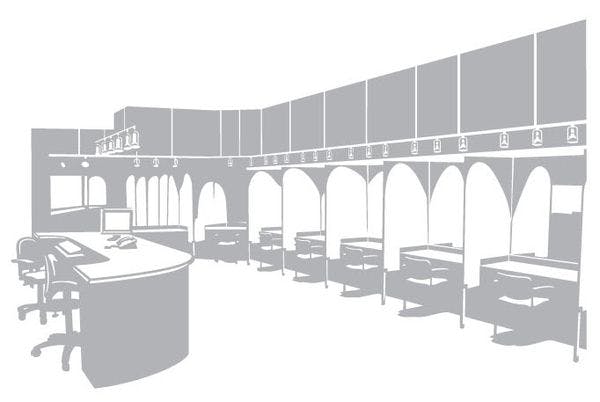Bill C-2's threat to supervised consumption sites - and to community health
In September 2011, the Supreme Court of Canada madea bold statement about the importance of harm reduction, and the lives of people who require harm reduction services, by allowing Insite - Vancouver's life-saving supervised consumption site - to remain open without risk of prosecution. The Court recognized that allowing a blanket prohibition on drug possession to apply even on the premises of such a health facility would undermine public health and put people at greater risk of preventable harm, including death from overdose and infection with HIV and hepatitis C. The Court found the Minister's decision to deny an exemption to Insite was "arbitrary" because it would advance neither public health nor public safety. Furthermore, the harms of denying people safe access to the site would be "grossly disproportionate" to any supposed benefit of maintaining a blanket prohibition on drug possession. Therefore, the Minister had violated the constitutional rights of people who use drugs to life, liberty and security of the person and was ordered to renew Insite's exemption.
Having intervened in this landmark case, the Canadian HIV/AIDS Legal Network applauded this important rights-based decision, and was hopeful it would pave the way for similar services in other communities across the country. Alas, three years later, no new supervised consumption services have started up in Canada.
Worse still, the federal government has introduced Bill C-2, which runs counter to the spirit (and the letter) of what the Supreme Court of Canada said in its Insite decision.
Simply put, Bill C-2 will make it more difficult for health authorities and community agencies to offer these badly needed health services to those members of our communities who use drugs in unsafe, unhygienic circumstances that mean a greater risk of overdose or of infection through non-sterile equipment. We've outlined this in a new brief, produced jointly with the Canadian Drug Policy Coalition. Last week, we submitted it to the Public Safety committee currently studying Bill C-2 to help them understand how this ill-conceived legislation will erode the health and human rights of people who use drugs, and in fact also harm the communities that could benefit from such services.
Demonstrating complete ignorance of the amply-documented health and community benefits of supervised consumption services, Bill C-2 focuses on exaggerated risks to "public safety" and perpetuates the stigma and discrimination already facing people who use drugs. Many public health and human rights experts share our concerns and have said so, on record. We have called for this bill to be rejected in its entirety.
Meanwhile, Insite continues to save lives and is a credit to our country. Even with the recent tragic news of 31 heroin overdoses in Vancouver, Insite staff members were able to prevent the deaths of these individuals by providing care and immediate treatment. And this good news story could play out in communities Canada-wide if we, as a country, were to truly rethink our outdated and deadly "war on drugs" policies.
Keep up-to-date with drug policy developments by subscribing to the IDPC Monthly Alert.
